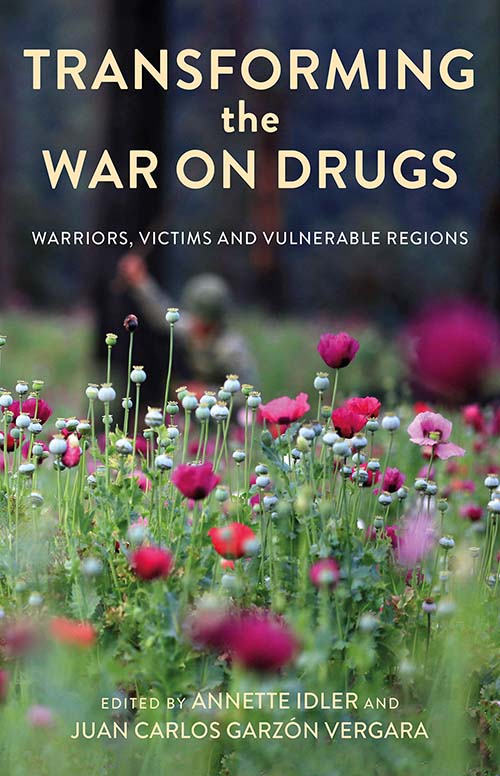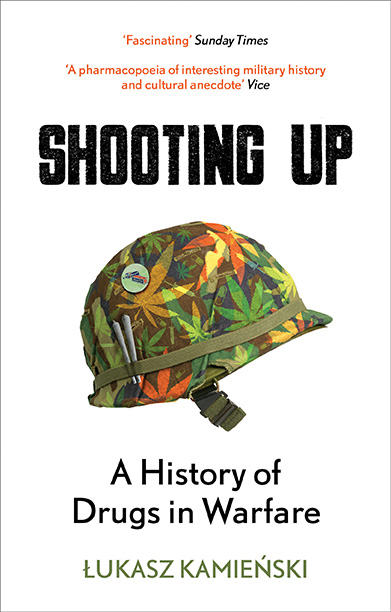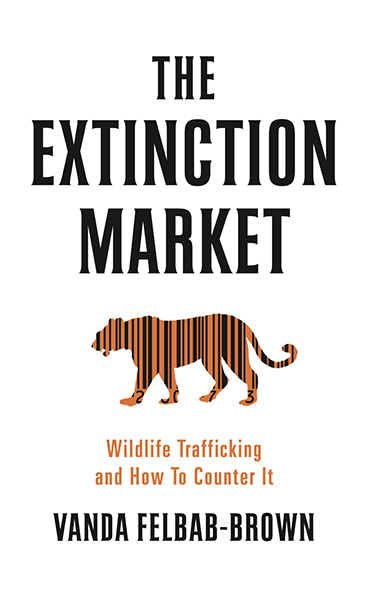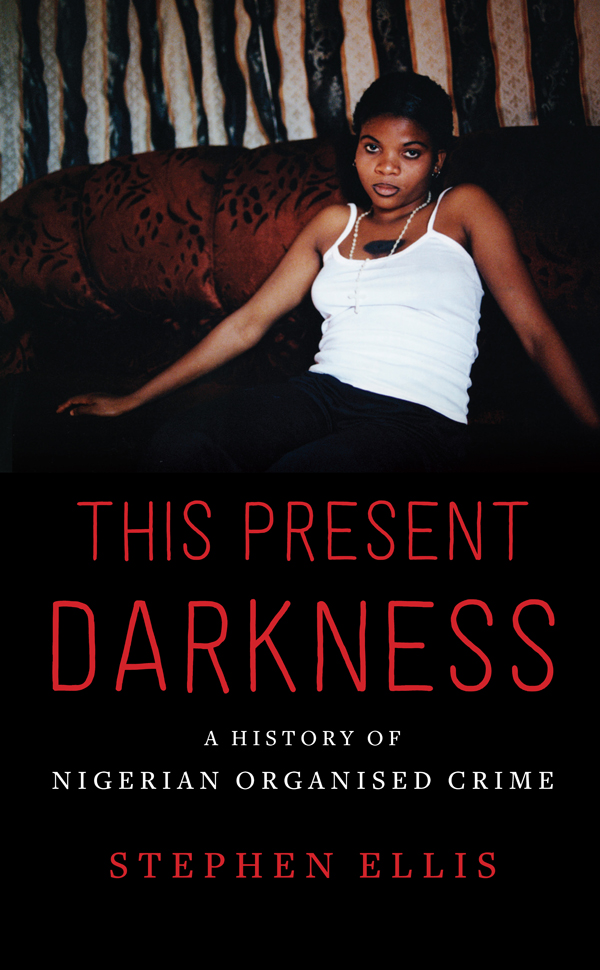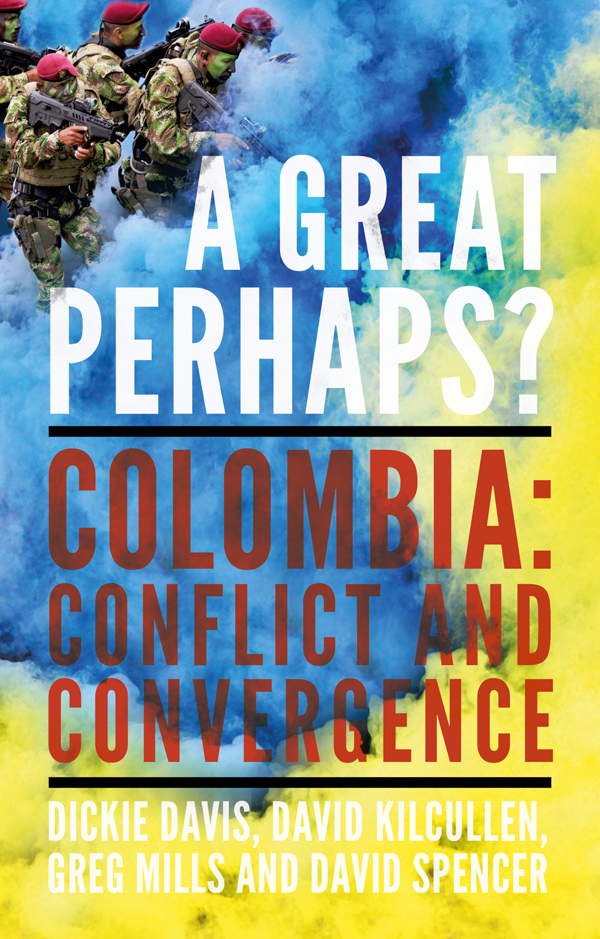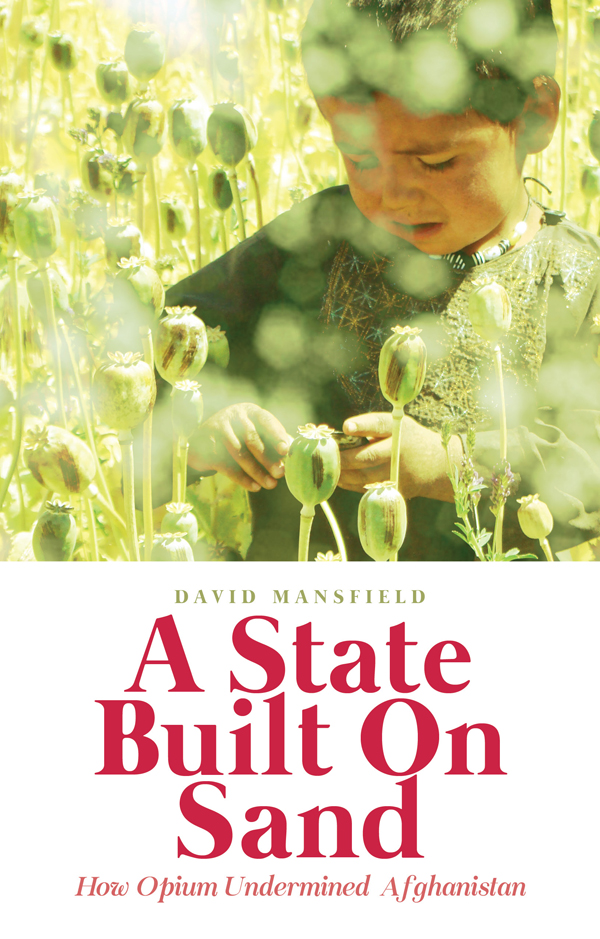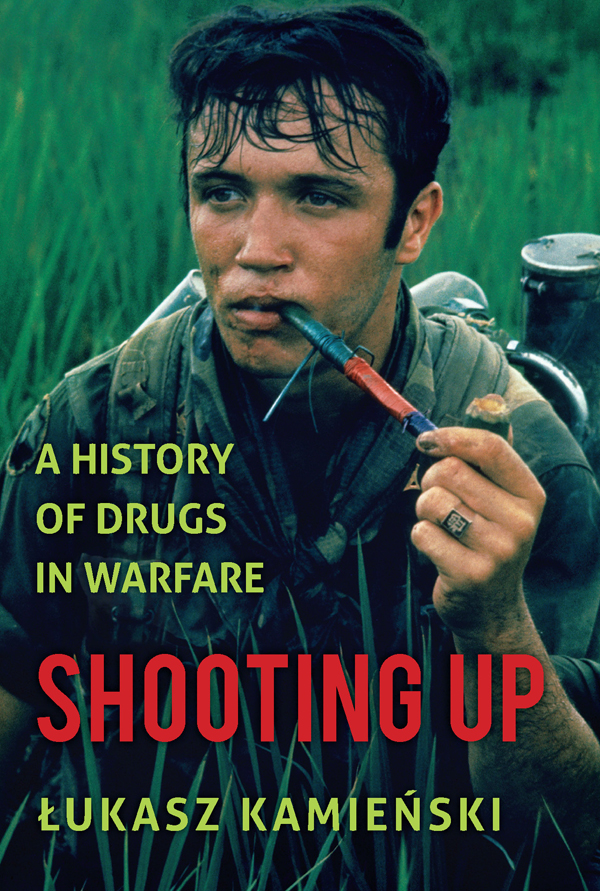Transforming the War on Drugs
Warriors, Victims and Vulnerable Regions
A stark reassessment of the merits of conventional anti-drugs policies for dealing with narcotics.
Description
The war on drugs has failed, but consensus in the international drug policy debate on the way forward is missing. Amidst this moment of uncertainty, militarised lenses on the global illicit drug problem continue to neglect the complexity of the causes and consequences that this war is intended to defend or defeat. Challenging conventional thinking in defence and security sectors, Transforming the War on Drugs constitutes the first comprehensive and systematic effort to theoretically, conceptually, and empirically investigate the impacts of the war on drugs.
The contributors trace the consequences of the war on drugs across vulnerable regions, including South America and Central America, West Africa, the Middle East and the Golden Crescent, the Golden Triangle, and Russia. It demonstrates that these consequences are ‘glocal’. The war’s local impacts on human rights, security, development, and public health are interdependent with transnational illicit flows. The book further reveals how these impacts have influenced the positions of governments across these regions, with significant ramifications for the international drug control regime. Crucially, it shows that, at a time when global order is in flux, critically evaluating the regime’s securitisation through the war on drugs provides key insights into other global governance realms.
Reviews
‘A comprehensive and timely assessment which consolidates the various strands of the drug policy debate from both security and development perspectives. Engaging with regions which have not been thoroughly investigated, it is innovative, ambitious and original.’ — Sasha Jesperson, Associate Fellow, Royal United Services Institute, and co-editor of Militarised Responses to Transnational Organised Crime: The War on Crime
‘With important analyses, plausible theoretical insights, and a multifaceted assessment of the current “state of play,” this book is a valuable contribution to the literature. Required reading for those wishing to acquire a comprehensive view of the current International Drug Control Regime.’ — William B. McAllister, Chief of the Special Projects Division, State Department Office of the Historian, and author of Drug Diplomacy in the Twentieth Century
‘An essential collection that not only highlights the true costs of the overly securitized global War on Drugs, but more importantly, offers urgently needed new perspectives in the debate over what could, and should, come next.’ — Peter Tinti, Senior Research Fellow, Global Initiative Against Transnational Organised Crime
‘An enlightening, engaging effort to unpack the complexities of policymaking on drugs and nurture collective reflection on the need for more nuanced, people-centred and development-oriented approaches to drug policies. A must-read in a critical moment for the drug policy debate and beyond.’ — Deborah Alimi, independent consultant, Daleth Research, and researcher, Université Paris 1 Panthéon Sorbonne
Editor(s)

Annette Idler is the Director of the Global Security Programme and Senior Research Fellow at the Department of Politics and International Relations, University of Oxford. She is also Visiting Scholar at Harvard University's Weatherhead Center for International Affairs.
Juan Carlos Garzón Vergara is Global Fellow at the Wilson Center and a research associate at Fundación Ideas para la Paz (Colombia).
